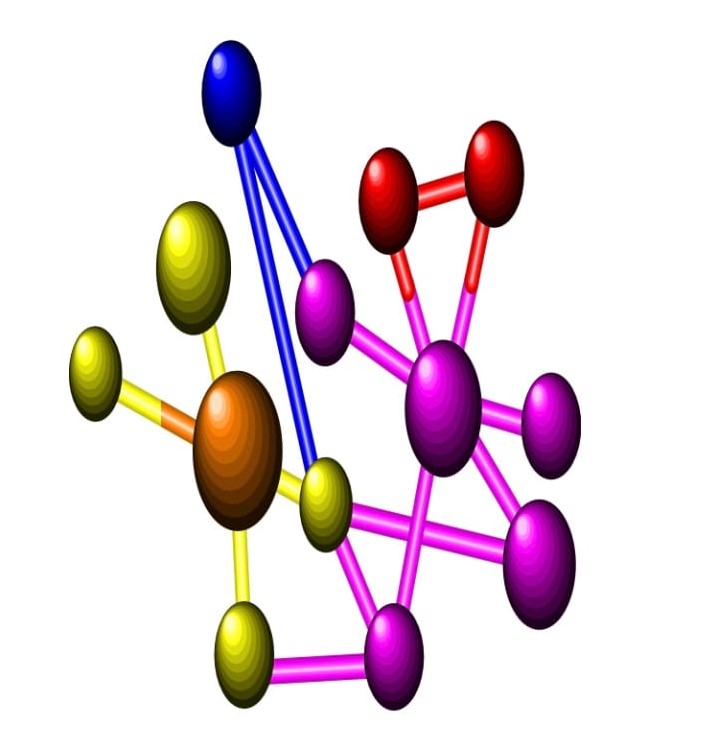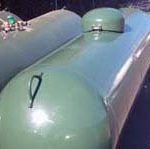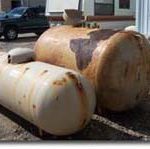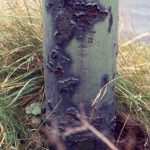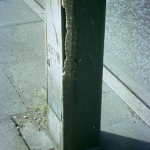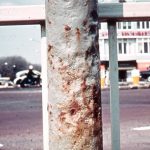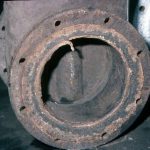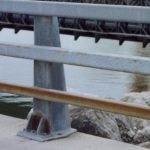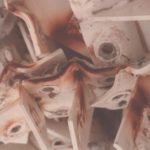What is corrosion?
Corrosion is a natural process, which converts a refined metal to a more chemically-stable form, such as its oxide, hydroxide, or sulfide. It is the gradual destruction of materials (usually metals) by chemical and/or electrochemical reaction with their environment. Simply put, corrosion is a destruction of an asset….so look after your assets.
Corrosion is the deterioration of a metal as a result of chemical reactions between it and the surrounding environment. Both the type of metal and the environmental conditions, particularly gasses that are in contact with the metal, determine the form and rate of deterioration.
Corrosion is an electrochemical reaction that appears in several forms, such as chemical corrosion and atmospheric corrosion, the latter of which is the most common form. When acidic substances (including water) come in contact with metals, such as iron mild steel, rust begins to form. This is equally true as white rust on galvanised (zinc coated) surfaces.
The metal being corroded acts as the anode; the metal is oxidized, forming metal ions and free electrons. The free electrons reduce the oxygen, often times forming hydroxide, and providing a complimentary cathodic reaction. In the former case, further oxidation of the metal ions can occur and an open pit can form.
Rust is an iron oxide, a usually red oxide formed by the redox reaction of iron and oxygen in the presence of water or air moisture. Rusting is the common term forcorrosion of iron and its alloys, such as steel. Many other metals undergo similar corrosion, but the resulting oxides are not commonly called rust..
